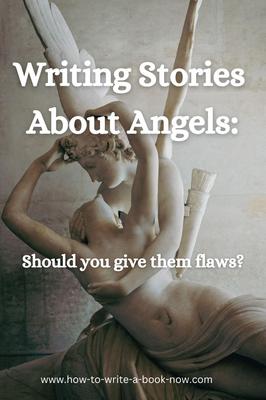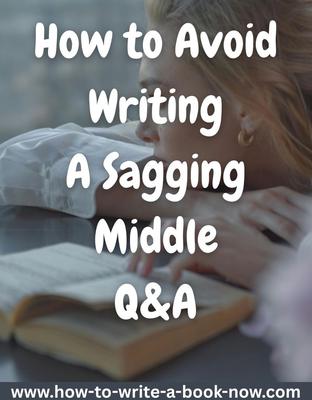How to practice writing?
by Anuska
(India)
Question: On the very first page of your 'Novel Writing' you mentioned that if one wants to become a writer they should practice writing everyday. But you did not mention what should a novice writer like me should start writing about to improve her writing. Please tell me what I should be writing about to hone this skill?
Answer: The short answer is that is doesn't matter. Write what you like - fiction, nonfiction, poetry, reflections on your life and people you know, etc. You can do creative writing exercises or use writing prompts (both of which you can easily find on the internet or in books). Eventually, you'll stumble on an idea for a project that really excites you (a novel, play, nonfiction book, screenplay, etc.) and you can dedicate your daily practice to that.
Of course, if you know what your long-term goals are, you can focus your daily writing on that area. For instance, if you want to write fiction, you might start with short stories.
Julie Cameron, in her book The Artist's Way, recommends writing ten pages every morning on whatever happens to be on your mind as a therapeutic process to free up artistic blockages. So even when you have no ideas for stories, you should still maintain the habit of writing.
The daily practice is also a great way to find out if the writer's life is really for you. Some people like the idea of being a writer. They've bought into the notion that it is somehow a life of prestige and glamour (which it usually isn't). Later on, they may discover they do not enjoy the actual work of writing. By writing every day, you'll find out if you like writing every day. If you don't, you probably won't like being a writer.
You can also think of the daily discipline as a way of working through all your bad ideas or your bad sentences until you get bored with that and move on to more interesting ideas and developing a more mature style.
Song writers and visual artists often go through a similar process. They spend a few years making bad drawings or bad songs while they're learning their craft. Over time, their work improves until it becomes professional quality. (If it doesn't, they'll be forced to find another line of work.)
Comments for How to practice writing?
|
||
|
||
- Home
- Writing Questions
- How to practice writing?















